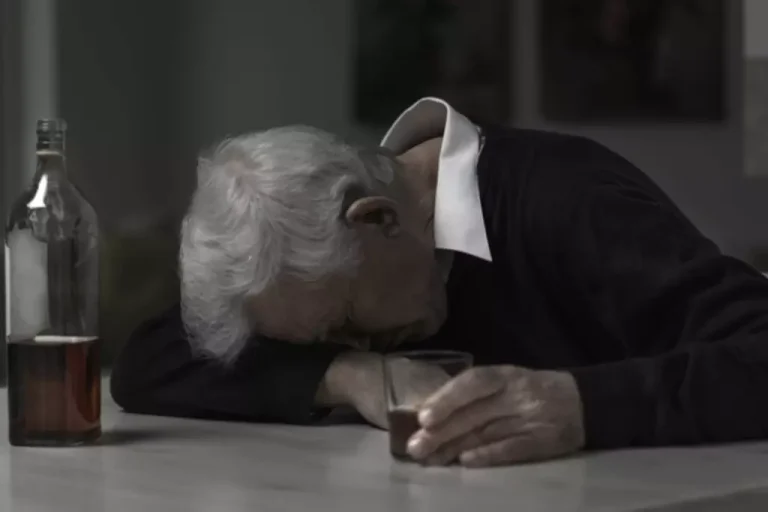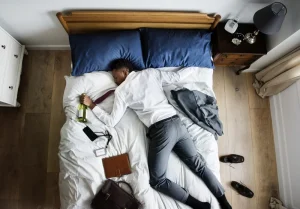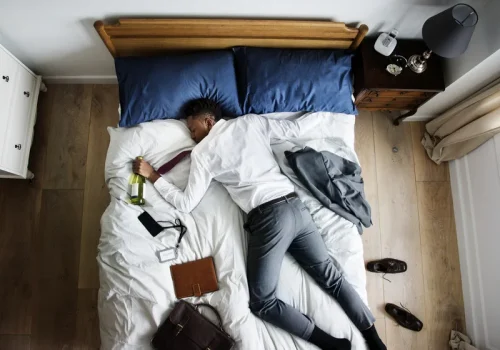
Achieving long-term recovery from addiction is a challenging but rewarding endeavour. Understanding relapse, recognising its stages, and developing relapse prevention skills are essential to a successful recovery journey. Remember that recovery is a personal journey, and there is no one-size-fits-all approach. It’s essential to find the best strategies and tools for you and seek professional guidance when needed.
Leveraging Grounding Techniques
It focuses on enhancing self-control by recognizing triggers, developing coping strategies, and maintaining motivation to stay sober. By learning to recognize and avoid or cope with triggers, individuals can reduce the risk of relapse and maintain their sobriety. It’s important to remember that triggers can vary from person to person, so it’s essential to identify and address your own specific triggers as part of your relapse prevention plan.
Identify and Avoid Triggers

If this person ignores your reasoning and continues to pressure you, this may signify that they do not care for your well-being as much as you do. It can be hard to distance yourself from others but know that there are people who will support your recovery efforts. And a true loved one will only want you to engage in activities that benefit your health. Remind yourself of your progress, strengths, and the reasons why you chose to pursue sobriety in the first place. Positive self-talk plays a pivotal role in relapse prevention by nurturing a supportive and empowering internal dialogue. When individuals in recovery adopt a mindset of self-compassion and encouragement, they cultivate resilience and fortitude in the face of challenges.
Is Your Teen Struggling with Alcoholism? Identifying Signs
Explore the four Xanax side effects hiding in the shadows, and understand the risks of addiction. Explore the intricate relationship between ADHD and alcohol, and strategies to thrive despite odds. Explore if Medicaid covers drug and alcohol rehab, eligibility criteria, and alternative financing options. Discover the intriguing science behind alcohol and psoriatic arthritis, and its impact on your health. Learn how to stop YouTube addiction, set boundaries, and regain control of your life with expert advice and tips.
What does a relapse prevention plan include?
Although the term “recovery coach” was first used in 2006, the service has not gained wide adoption in addiction treatment. Peer recovery coaches are individuals who have experienced addiction themselves but have been abstinent for an extended period (often at least one or two Alcoholics Anonymous years). Peer recovery coaches complete approximately 40 hours of training in addition to a minimum number of hours of work in the field to obtain certification. Staying actively involved in your recovery journey is pivotal for enduring success. By regularly participating in support groups, therapy sessions, and other recovery-oriented activities, you can continuously learn new skills, gain insights, and stay committed to your sobriety.
- By building a reliable support network, you can find the encouragement and stability you need to prevent relapse.
- Good sleep hygiene, such as maintaining a regular sleep schedule and creating a restful sleep environment, also improves sleep quality.
- Peer support from those with similar experiences can maintain motivation in recovery5.
- Discover what is video game addiction, its impact, and how to address this growing concern effectively.
- Staying busy is one of the most effective relapse prevention techniques.

One of the best ways to manage this is by simply choosing not to attend the event; however, this is not always possible. You can plan ahead by bringing a supportive friend, having an exit strategy, and preparing responses to offers of substances. In relapse prevention skills case of emergency, have a clear plan with proactive steps, such as calling a specific person, attending a support group meeting, or going to a safe place. You can keep a list of emergency contacts, including supportive friends, family, and healthcare providers. Creating a tailored relapse prevention plan involves a detailed, personalized approach. Westwind Recovery® equips you with vital resources and tools designed to fortify your resolve and assist in averting a return to old habits.
- Relapse prevention is a critical component in managing conditions1 like major depressive disorder, anorexia nervosa, substance use disorders, and other medical conditions.
- One day at a time, means you should match your goals to your emotional strength.
- You might begin to isolate yourself, neglect self-care, and harbor negative emotions such as anger, anxiety, or mood swings.
- Relapse prevention planning helps maintain long-term recovery by identifying potential triggers and creating actionable responses.
Reflect on Your Recovery Goals
Apps like Sober Grid and MyRecovery offer platforms where individuals can share their experiences and receive encouragement from others in recovery. Various types of worksheets are used in RP, each serving a specific purpose in the recovery process. It’s important to find activities that align with your interests and goals and to establish a routine that incorporates these activities. Examples of activities can include volunteering, taking up a new hobby, or learning a new skill. Have someone on call for weak moments when you might slip back into your old habits.

This phase then progresses to mental relapse, where conflicting thoughts and cravings wrestle for dominance in the mind. Finally, physical relapse occurs, where the individual yields to the overwhelming urge to use substances, despite their best intentions. One primary concern in addiction treatment is the high rate of relapses within a short period after even the most intensive treatment.
Physical relapse
The core concept of mindfulness is paying attention, awareness, or focus on what you’re doing, where you are, who you’re with, and more. To start the process of becoming more mindful, simply notice what you are doing with no judgement. It can be helpful to write down one’s daily activities by tracking them with a smartphone to bring more awareness to what you are doing, thinking, and feeling.
This plan might include asking your therapist for an emergency therapy session, visiting the emergency room, or enrolling in inpatient treatment again. Because everyday life contains many triggers, relapse is common among people trying to get over their disorder. MBRP aims to increase your acceptance and tolerance of your physical, emotional, and mental states. This will decrease your need to use substances again to feel comfortable. Following formal treatment, many patients benefit from entering some form of aftercare.
